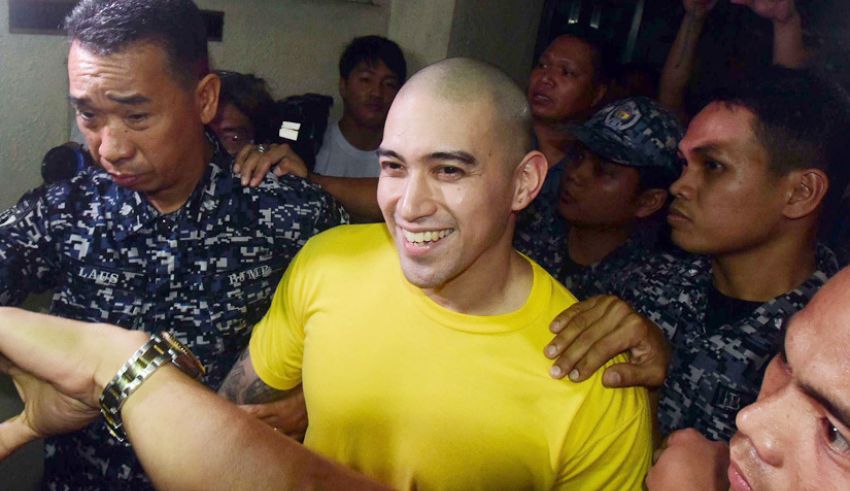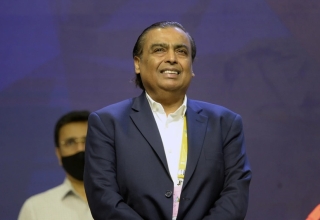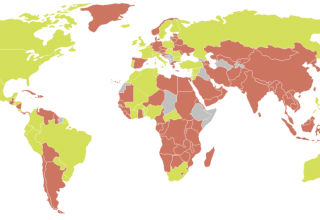
Last updated on February 26th, 2024 at 11:25 am
The complicated and contentious Jason Ivler case enthralled the Philippines and sparked conversations throughout the country. Understanding the important details is crucial to appreciating the entire extent of this well-known case, from its beginnings to the court cases and their aftermath.
This article explores 10 important facts that provide context for the Jason Ivler case, one of the most prominent criminal cases in Philippine history.
1. Background of Jason Ivler
Jason Ivler, born on April 8, 1976, was the son of Marlene Aguilar, sister of singer Freddie Aguilar. He gained notoriety due to his involvement in various criminal incidents and his run-ins with the law.
2. The Shooting Incident
The case revolves around the shooting of Renato Ebarle Jr., a son of a former Undersecretary of the Department of Justice, which occurred on November 18, 2009, in Quezon City. Ivler was identified as the primary suspect.
3. Police Chase and Arrest
Following the shooting, Ivler fled the scene, leading to a nationwide manhunt. After a high-profile police chase, Ivler was apprehended on November 24, 2009, in San Juan, Metro Manila.
4. Legal Proceedings
The case underwent lengthy legal proceedings, including Ivler’s arraignment and trial. The prosecution presented evidence to establish Ivler’s guilt, while the defense sought to challenge the accusations.
5. Controversies Surrounding the Case
The Jason Ivler case sparked controversies, including debates over Ivler’s mental state, allegations of police misconduct during his arrest, and questions about the fairness of the legal process.
6. Ivler’s Defense
Throughout the trial, Ivler maintained his innocence, claiming self-defense and arguing that he acted out of fear for his life during the altercation with Ebarle.
7. Sentencing and Appeals
In 2015, Ivler was found guilty of murder and sentenced to reclusion perpetua, equivalent to 20 to 40 years of imprisonment. He filed multiple appeals, contesting the verdict and sentence.
8. Supreme Court Decision
The case reached the Supreme Court of the Philippines, which upheld Ivler’s conviction in a landmark ruling. The decision affirmed the lower court’s verdict, effectively sealing Ivler’s fate.
9. Impact on Philippine Society
The Jason Ivler case sparked discussions about gun control, mental health awareness, and the fairness of the Philippine justice system. It also highlighted the challenges in addressing crime and violence in the country.
10. Legacy and Ongoing Debate
Despite the conclusion of the legal proceedings, the Jason Ivler case continues to be a topic of debate and analysis in the Philippines, serving as a reminder of the complexities inherent in criminal justice.
The Jason Ivler case is still deeply ingrained in Philippine legal history, serving as a metaphor for the relationship between societal difficulties, justice, and crime. We can better grasp the intricacies of the Philippine judicial system and the larger issues confronting society by comprehending the important details surrounding this case.
























